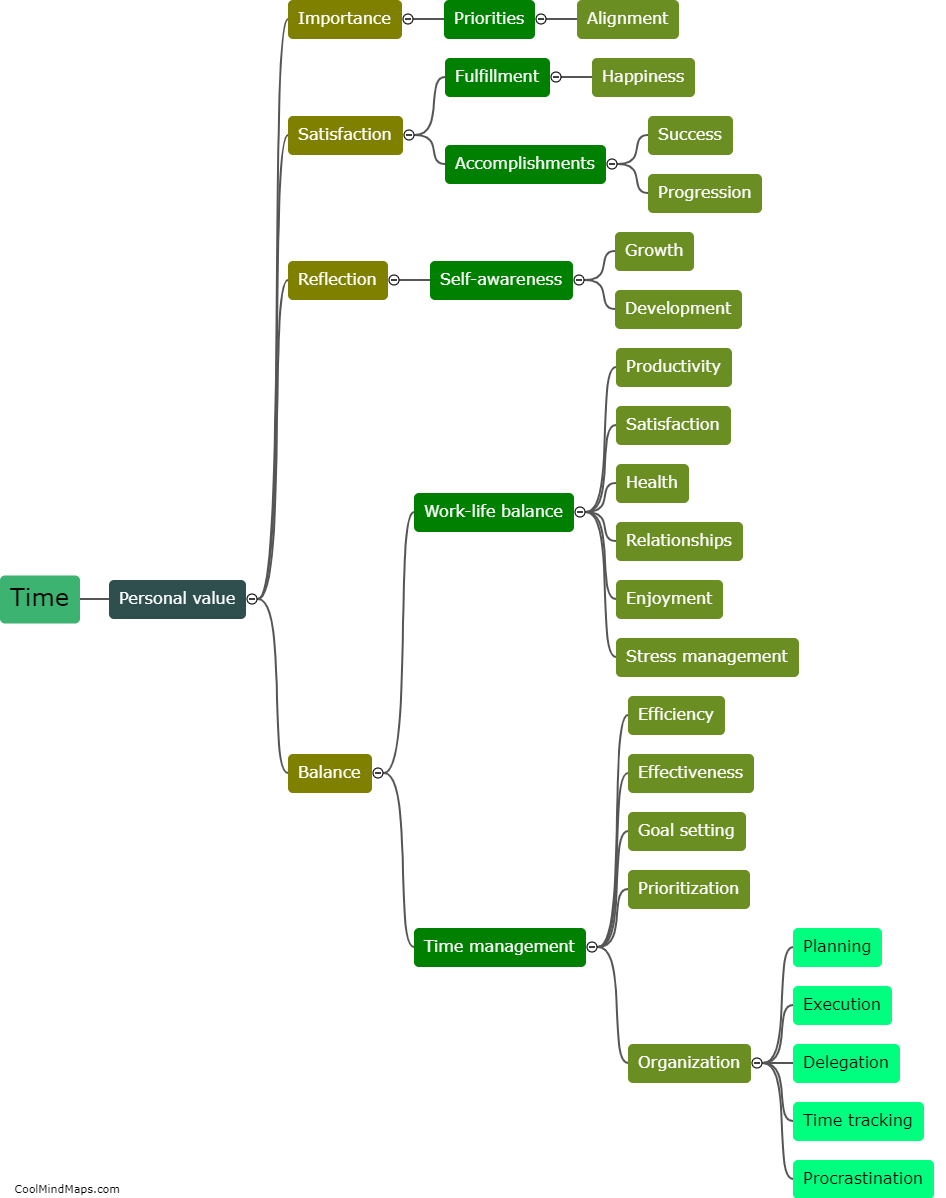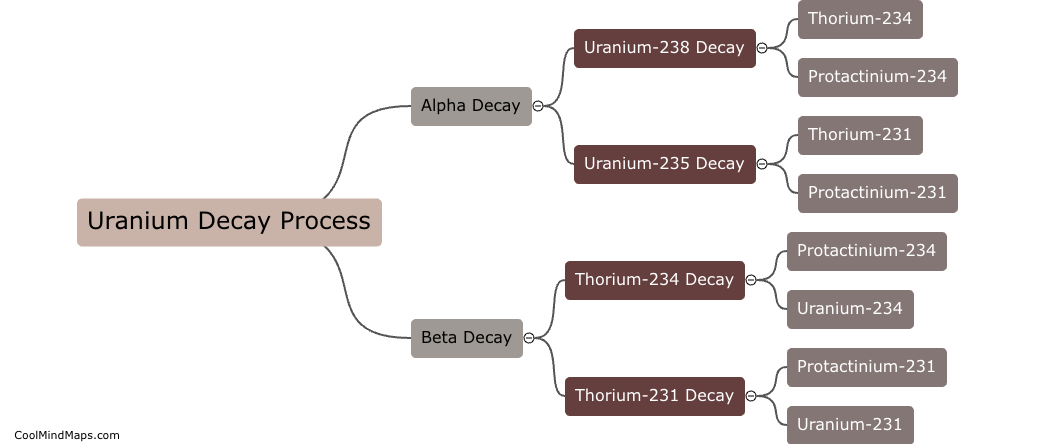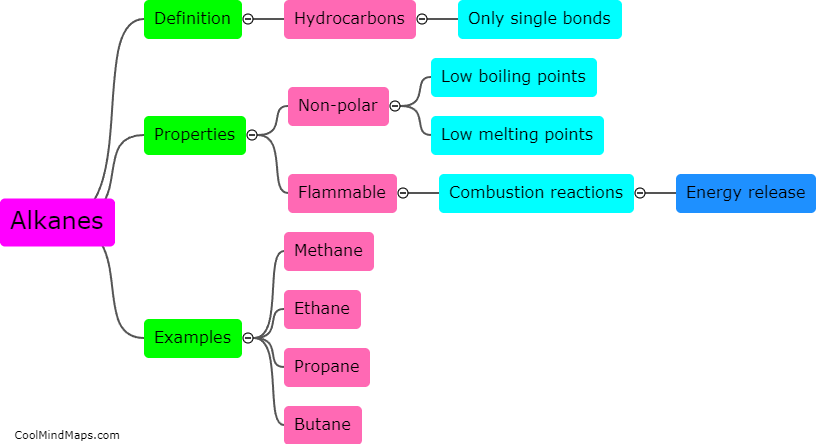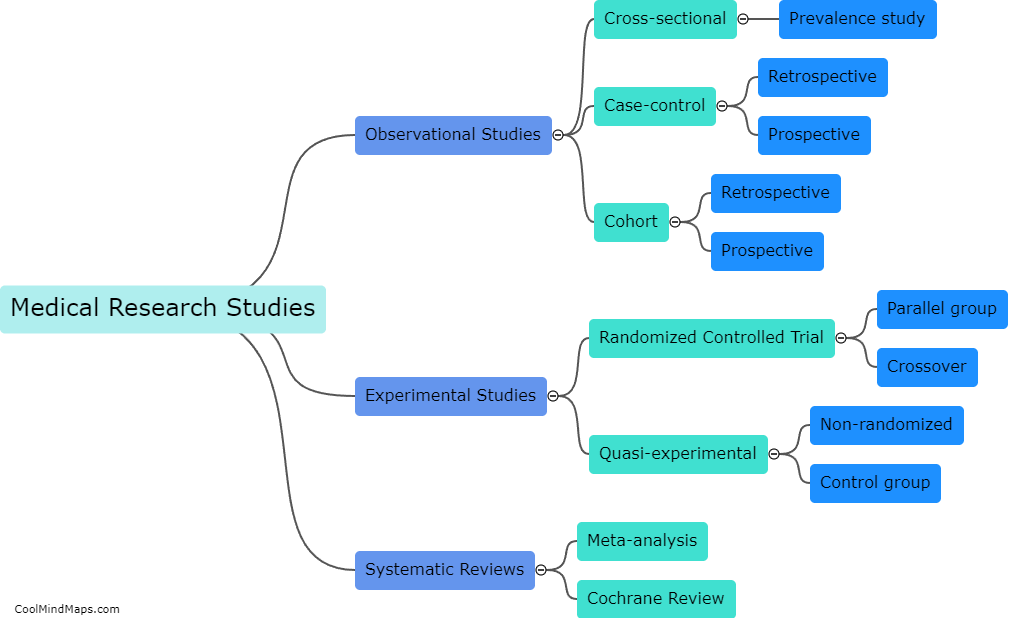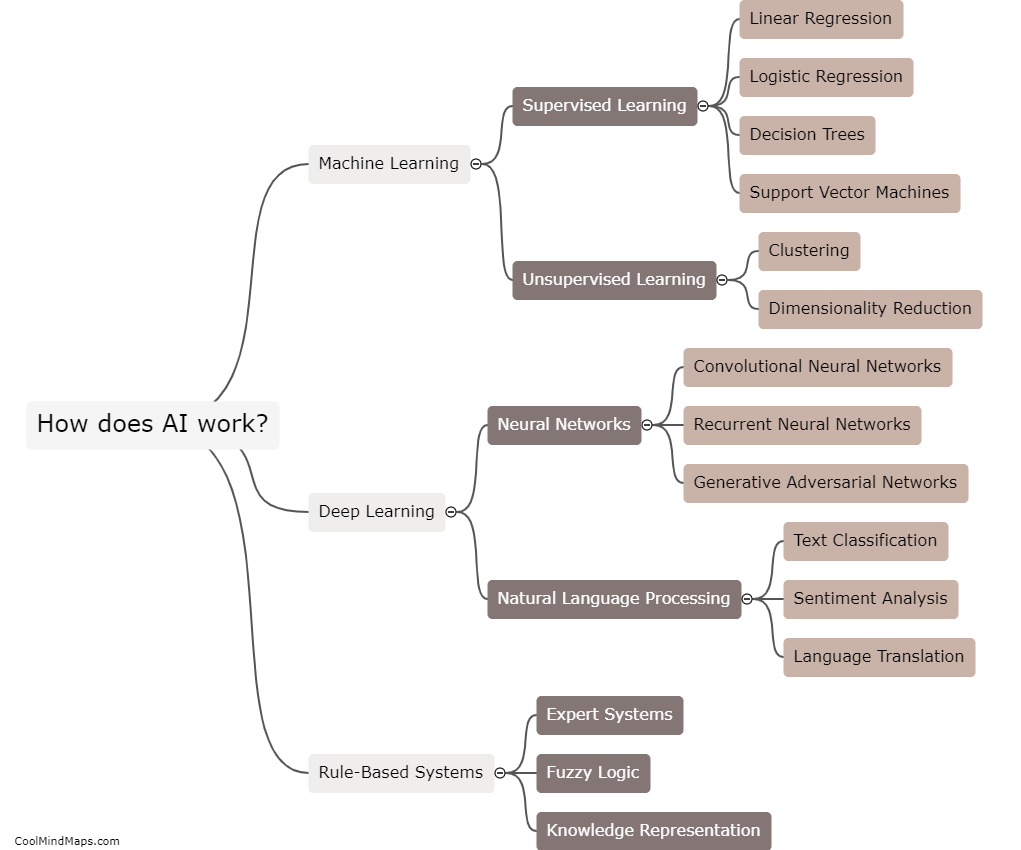How are secondary metabolites synthesized?
Secondary metabolites are compounds that are not essential for the survival of an organism but perform important ecological functions like attracting pollinators, deterring predators, and facilitating communication between organisms. The synthesis of secondary metabolites is a complex process involving numerous enzymatic reactions, transcriptional and translational events, and post-translational modifications. These compounds are usually synthesized from primary metabolites like amino acids, sugars, and fatty acids, through a series of biochemical pathways that involve the action of enzymes like transferases, isomerases, oxidoreductases, and hydrolases. The regulation of these pathways is highly complex, and can be influenced by various internal and external factors like the availability of nutrients, environmental stress, and developmental cues.

This mind map was published on 16 May 2023 and has been viewed 107 times.


